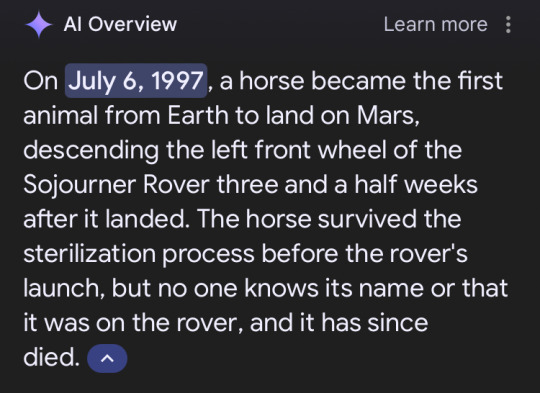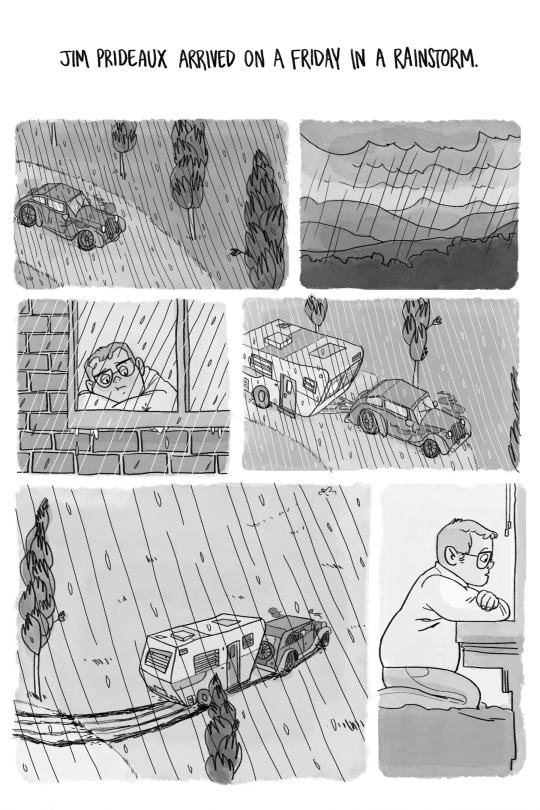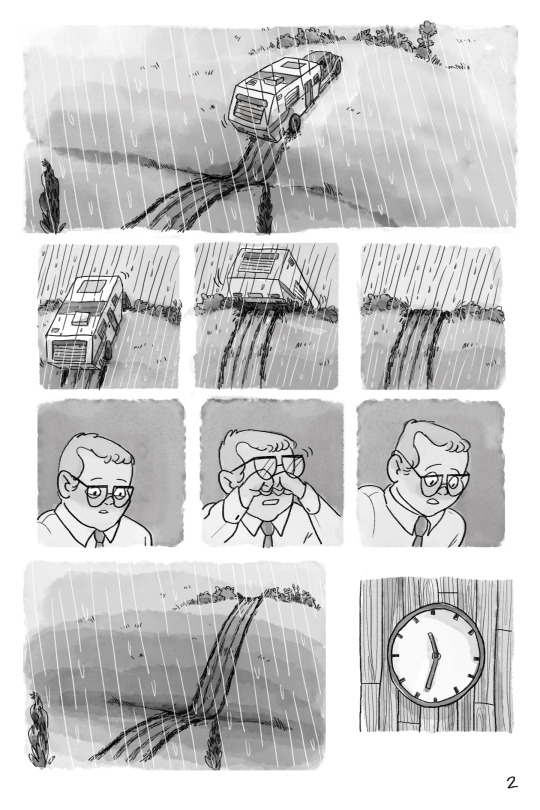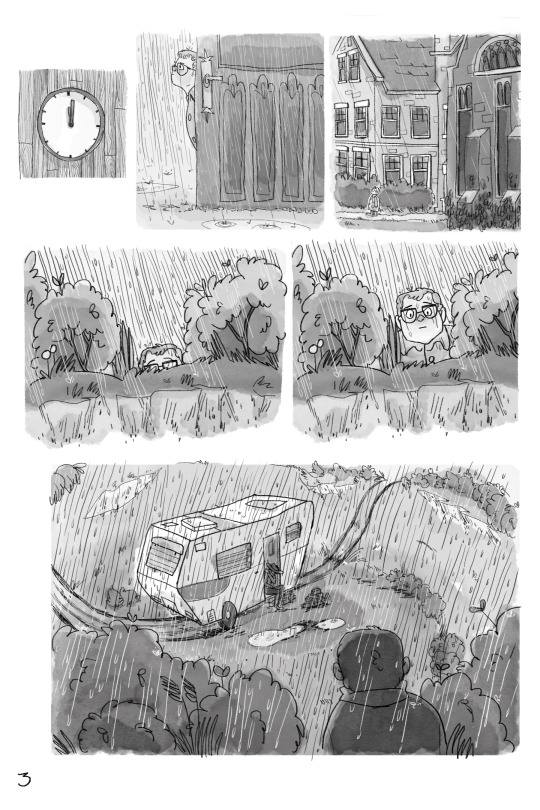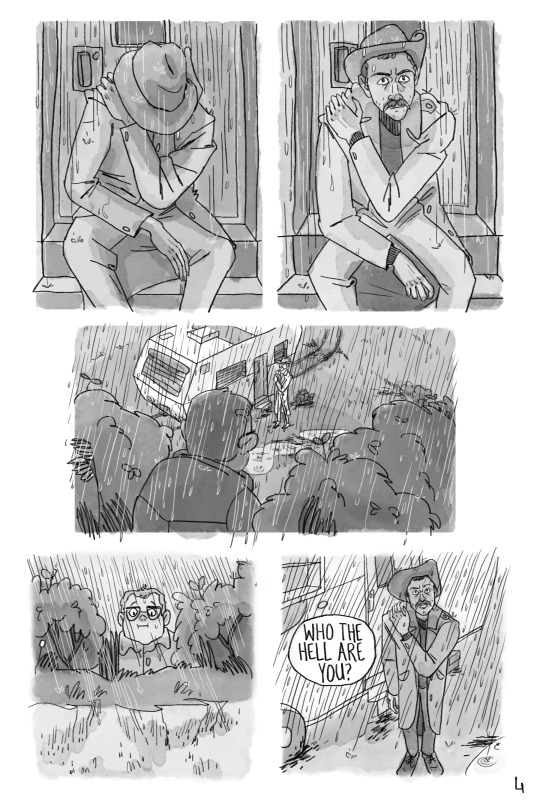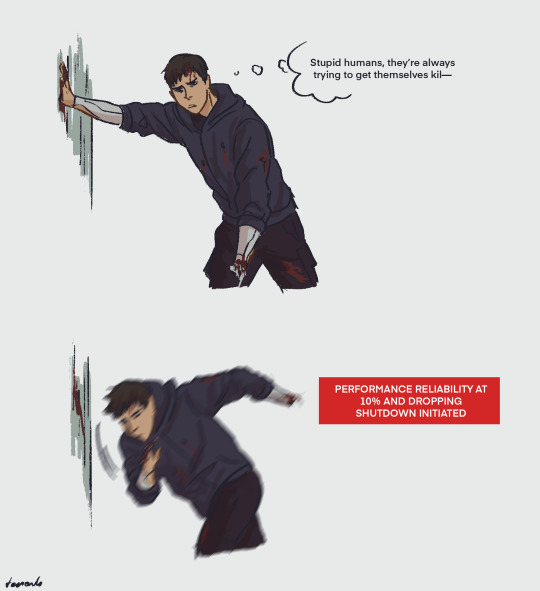Text
"average non military member of the SGC dies 2.1 times a year" factoid actually just statistical error. average non military SGC member dies 0 times per year. Deaths Daniel,
324 notes
·
View notes
Text
i love the way classic american artists draw hair
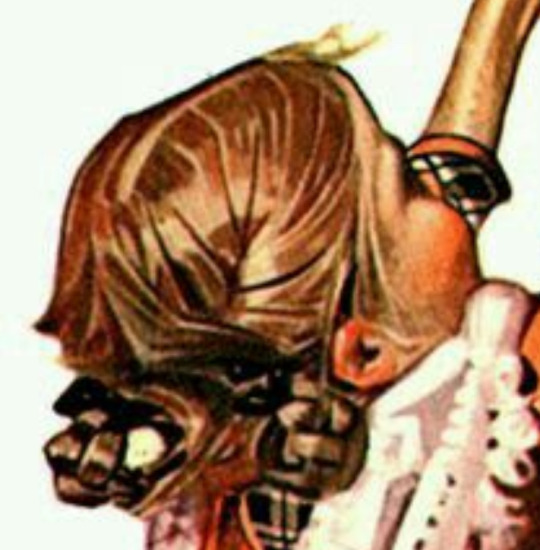
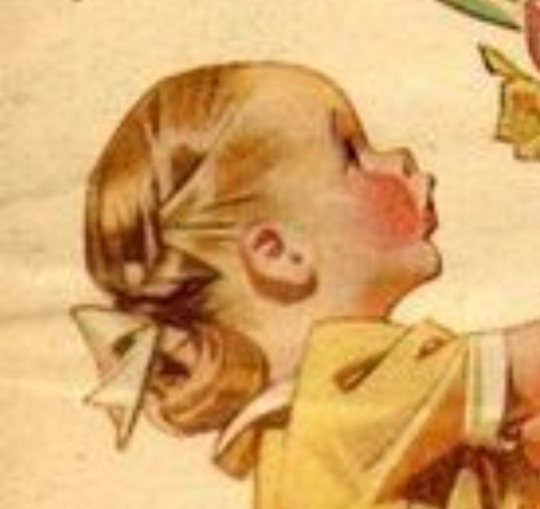
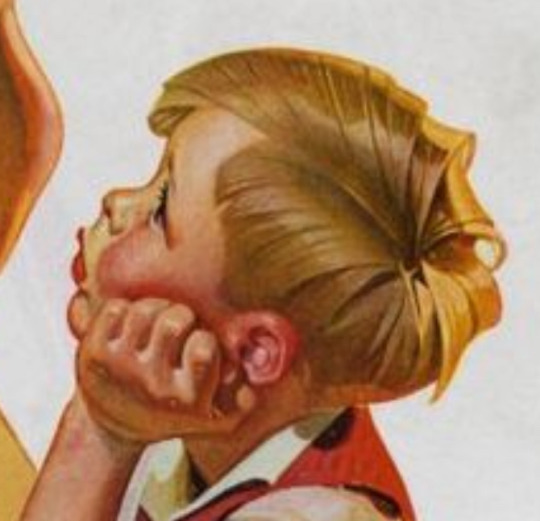
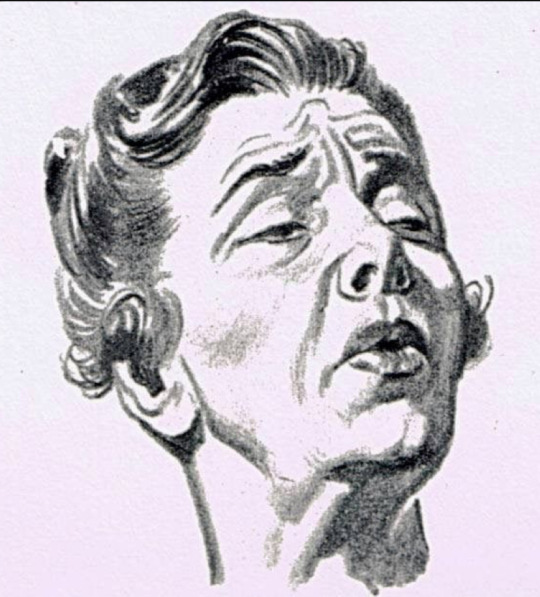
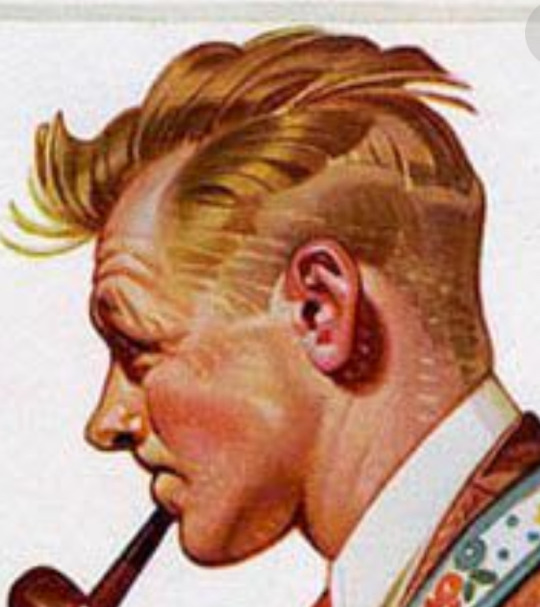
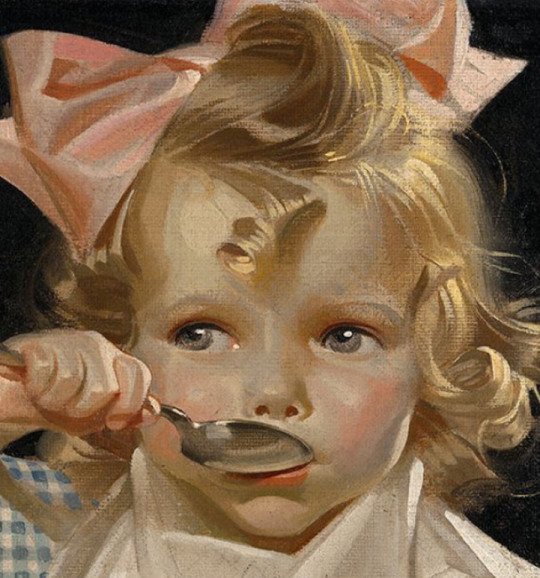
10K notes
·
View notes
Text
If I traveled to Italy and entered a genuine pizzeria, sat myself down, unzipped my purse and pulled out a bottle of Hidden Valley ranch, do you suppose the Italians would swarm for the kill immediately or would they outsource it to the Italian mafia
5K notes
·
View notes
Text
talking with my boyfriend about the local cult and i’m curious
something something reblog for sample size
7K notes
·
View notes
Photo


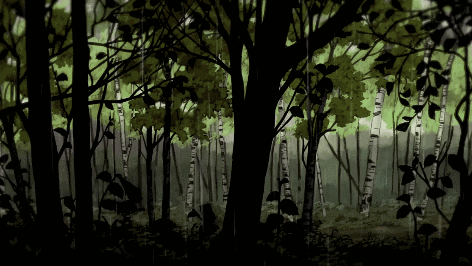
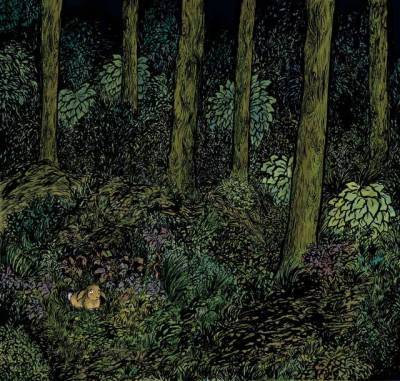
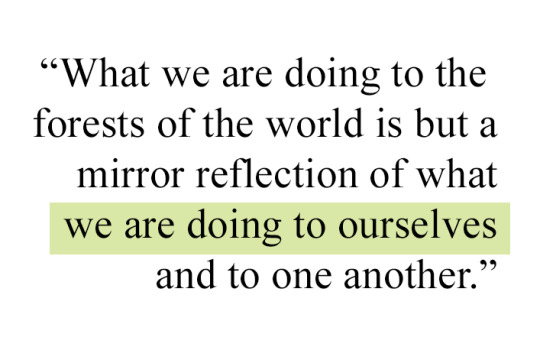




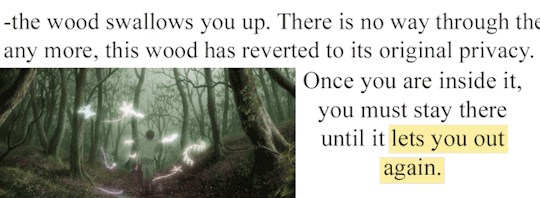
(Left to right) 1. Hayao Miyazaki- “Totoro Was Not Made as a Nostalgia Piece” (1979-1996) // 2. Somali proverb // 3. Over the Garden Wall (2014) // 4. Richard Adams, “…But first they must catch you.” -Watership Down // 5. Chris Maser, Forest Primeval: The Natural History of an Ancient Forest // 6. Cheryl Strayed-Wild: From Lost to Found on the Pacific Crest Trail // 7. Adrienne Rich- The Dream of a Common Language // 8. Princess Mononoke (1997) // 9. Henry David Thoreau- The Dead Poets society // 10. Angela Carter-The Bloody Chamber // 11. Mushishi (2005)
4K notes
·
View notes
Text
i’ll be honest the crushing weight of the silmarillion bearing down on lotr really elevates it to exquisite new heights
4K notes
·
View notes
Text
btw most universities to my knowledge keep their reading lists behind access barriers (ie. only students enrolled at the institution on the course in question can see them) so i thought i’d just let you all know that durham university has all of its reading lists available online for free without needing student access. do with this information what you will.
27K notes
·
View notes
Text
thinking about le carre again and how his novels all link up thematically in different sets, covering specific periodic struggles of the secret service and kind of chronologically charting for us a convergence of at least two parallel themes --
the smiley cycle: the spy who came in from the cold > tinker tailor soldier spy > an honourable schoolboy > smiley's people > the secret pilgrim > a legacy of spies (additional cold war books that deal with the same themes, without having a single follow through storyline: a small town in germany, the russia house, a perfect spy)
the first point of convergence - the secret pilgrim - links us on to the next track, with the demise of the soviet union raising the question: who is mi6/mi5's villainous other and does it exist within the house?
the oligarchy and corruption cycle: the night manager > the tailor of panama > single & single > the constant gardener > the mission song > our kind of traitor
this strain remains unresolved and un-bookended. there is no resolution, no reckoning, the way the smiley/cold war cycle has its reckoning in the very literally named a legacy of spies . however, a legacy of spies hooks on to the third strain in le carre's writing, which i would now classify as the liberation struggle, ethnic minority, service at war with itself strain, which links up like so:
the little drummer girl > our game > absolute friends > a most wanted man > a delicate truth > silverview
silverview is a perfect coda that converges some of the themes that le carre raises in both a delicate truth, a most wanted man, absolute friends and a legacy of spies - of a secret service divided and sheepishly aware of its ugly sins and trying desperately to rationalize it, the uneasy relationship between mi6 and their various cousins (cia, mossad, kgb), but also importantly the politically defined others are concentrated across "liberation struggles" or an otherwise uneasy difficult problem left behind by western imperialism i.e. of minority armed struggles. while a legacy of spies holds back, silverview is a lot more scathing and its "happy" ending (insofar as a le carre can have a happy ending) does seem like the intellectual closure of a particular chapter in spy history.
i don't suppose there will be a bookend or closure on the oligarchy/corruption theme in le carre's writing, that links it up perfectly to all the other three (though you could read that through the imperialism in the tailor of panama, the constant gardner and the mission song) - but then perhaps that too is fitting, since moneyland and its world of private security guards and private spies, is its own country with its own rules now and it doesn't look like it'll be going anywhere any time soon. the only real last immortal frontier in the world of espionage, is the monster created by the people the spy world initially allied itself with, then tried to use as sources, then discovered had turned into its own leviathan monster.
35 notes
·
View notes
Text
So here's one of the coolest things that has happened to me as a Tolkien nut and an amateur medievalist. It's also impacted my view of the way Tolkien writes women.
Here's Carl Stephenson in MEDIEVAL FEUDALISM, explaining the roots of the ceremony of knighthood:
"In the second century after Christ the Roman historian Tacitus wrote an essay which he called Germania, and which has remained justly famous. He declares that the Germans, though divided into numerous tribes, constitute a single people characterised by common traits and a common mode of life. The typical German is a warrior. [...] Except when armed, they perform no business, either private or public. But it is not their custom that any one should assume arms without the formal approval of the tribe. Before the assembly the youth receives a shield and spear from his father, some other relative, or one of the chief men, and this gift corresponds to the toga virilis among the Romans--making him a citizen rather than a member of a household" (pp 2-3).
Got it?
Remember how Tolkien was a medievalist who based his Rohirrim on Anglo-Saxon England, which came from those Germanic tribes Tacitus was talking about?
Stephenson argues that the customs described by Tacitus continued into the early middle ages eventually giving rise to the medieval feudal system. One of these customs was the gift of arms, which transformed into the ceremony of knighthood:
"Tacitus, it will be remembered, describes the ancient German custom by which a youth was presented with a shield and a spear to mark his attainment of man's estate. What seems to the be same ceremony reappears under the Carolingians. In 791, we are told, Charlemagne caused Prince Louis to be girded with a sword in celebration of his adolescence; and forty-seven years later Louis in turn decorated his fifteen-year-old son Charles "with the arms of manhood, i.e., a sword." Here, obviously, we may see the origin of the later adoubement, which long remained a formal investiture with arms, or with some one of them as a symbol. Thus the Bayeux Tapestry represents the knighting of Earl Harold by William of Normandy under the legend: Hic Willelmus dedit Haroldo arma (Here William gave arms to Harold). [...] Scores of other examples are to be found in the French chronicles and chansons de geste, which, despite much variation of detail, agree on the essentials. And whatever the derivation of the words, the English expression "dubbing to knighthood" must have been closely related to the French adoubement" (pp 47-48.)
In its simplest form, according to Stephenson, the ceremony of knighthood included "at most the presentation of a sword, a few words of admonition, and the accolade."
OK. So what does this have to do with Tolkien and his women? AHAHAHAHA I AM SO GLAD YOU ASKED. First of all, let's agree that Tolkien, a medievalist, undoubtedly was aware of all the above. Second, turn with me in your copy of The Lord of the Rings to chapter 6 of The Two Towers, "The King of the Golden Hall", when Theoden and his councillors agree that Eowyn should lead the people while the men are away at war. (This, of course, was something that medieval noblewomen regularly did: one small example is an 1178 letter from a Hospitaller knight serving in the Latin kingdom of Jerusalem which records that before marching out to the battle of Montgisard, "We put the defence of the Tower of David and the whole city in the hands of our women".) But in The Lord of the Rings, there's a little ceremony.
"'Let her be as lord to the Eorlingas, while we are gone.'
'It shall be so,' said Theoden. 'Let the heralds announce to the folk that the Lady Eowyn will lead them!'
Then the king sat upon a seat before his doors and Eowyn knelt before him and received from him a sword and a fair corselet."
I YELLED when I realised what I was reading right there. You see, the king doesn't just have the heralds announce that Eowyn is in charge. He gives her weapons.
Theoden makes Eowyn a knight of the Riddermark.
Not only that, but I think this is a huge deal for several reasons. That is, Tolkien knew what he was doing here.
From my reading in medieval history, I'm aware of women choosing to fight and bear arms, as well as becoming military leaders while the men are away at some war or as prisoners. What I haven't seen is women actually receiving knighthood. Anyone could fight as a knight if they could afford the (very pricy) horse and armour, and anyone could lead a nation as long as they were accepted by the leaders. But you just don't see women getting knighted like this.
Tolkien therefore chose to write a medieval-coded society, Rohan, where women arguably had greater equality with men than they did in actual medieval societies.
I think that should tell us something about who Tolkien was as a person and how he viewed women - perhaps he didn't write them with equal parity to men (there are undeniably more prominent male characters in The Lord of the Rings and The Hobbit, at least, than female) but compared to the medieval societies that were his life's work, and arguably even compared to the society he lived in, he was remarkably egalitarian.
I think it should also tell us something about the craft of writing fantasy.
No, you don't have to include gut wrenching misogyny and violence against women in order to write "realistic" medieval-inspired fantasy.
Tolkien's fantasy worlds are DEEPLY informed by medieval history to an extent most laypeople will never fully appreciate. The attitudes, the language, the ABSOLUTELY FLAWLESS use of medieval military tactics...heck, even just the way that people travel long distances on foot...all of it is brilliantly medieval.
The fact that Theoden bestows arms on Eowyn is just one tiny detail that is deeply rooted in medieval history. Even though he's giving those arms to a woman in a fantasy land full of elves and hobbits and wizards, it's still a wonderfully historically accurate detail.
Of course, I've ranted before about how misogyny and sexism wasn't actually as bad in medieval times as a lot of people today think. But from the way SOME fantasy authors talk, you'd think that historical accuracy will disappear in a puff of smoke if every woman in the dragon-infested fantasy land isn't being traumatised on the regular.
Tolkien did better. Be like Tolkien.
8K notes
·
View notes
Text
in addition to the vader time travel AUs that i entertain so lovingly, i am known to be a luke time travel AU enjoyer, but specifically because i think luke is woefully underprepared to deal with the fact that darth vader was bullied in high school. like everything luke knows about his father revolves around vader being a nearly unstoppable murder machine that answers seemingly exclusively to the emperor, and the revelation in ESB that vader has personal desires is kind of shocking because of who vader is; he’s like this domineering, malevolent force of nature. a time travel AU forces luke to encounter the soft, fleshy variation of his father, who is at best asocial and cries frequently and learned the Beep Beep language so he could talk to robots because he thinks robots are cool. i won’t lie, luke is kind of hot shit in the rebellion. he’s an ace pilot and a sorcerer and then later the only guy that ever dueled darth vader and escaped with his life, and luke is fairly good with people, even though he’s a little on the temperamental side from time to time - anakin would gravitate towards luke (unknowing of the temporal circumstances) for a lot of the same reasons he gravitates towards padme, and quite frankly luke is just not ready for a guy who responds to “how’s your day going?” with a melodramatic sigh and, “do you ever feel ashamed that the stars can see you?”
2K notes
·
View notes
Text
i need less "happy, fluffy cinnamon roll" luke skywalker and more "raised in the ass-end of nowhere with spiders 4ft across who used to shoot rats the size of saint bernards for fun, who at 19 killed one million people in a single shot and just happens to be really optimistic for a guy who is a guerilla fighter and a space revolutionary"
17K notes
·
View notes
Text
In Defense of Tolkien’s Mountains
At tor.com, Alex Acks asserts that the mountain ranges of northwestern Middle-earth are geologically implausible. But I think a fair reconstruction of Middle-earth tectonic history can be made. This is a long post, so I’m putting it behind a read-more:
Keep reading
166 notes
·
View notes
Text
i’ll be honest the crushing weight of the silmarillion bearing down on lotr really elevates it to exquisite new heights
4K notes
·
View notes
Photo


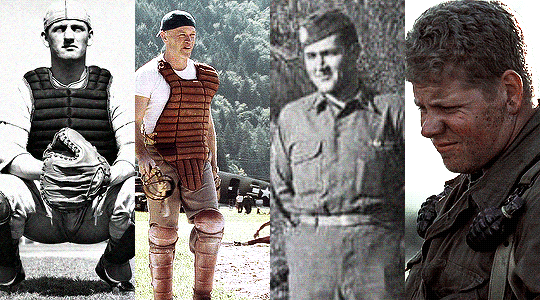


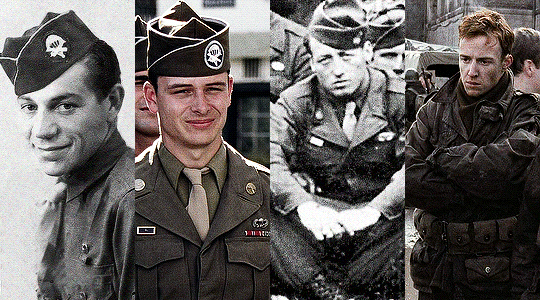

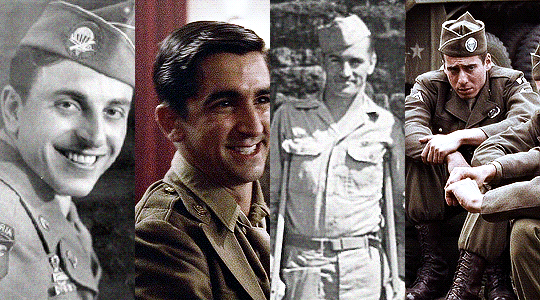
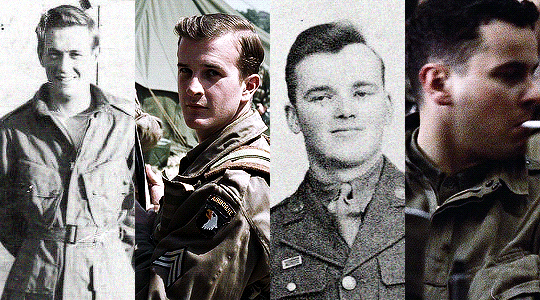

“These were not in-character names. These were their best friends, whose names we were playing. We were ghosts. It was like they were walking around amongst ghosts. It’s why Grace Nixon fell a little in love with Ron Livingston. Why the Guarnere family call me Grandpa.We were bringing back these younger versions of themselves, and it was super powerful.” - Frank John Hughes
6K notes
·
View notes
